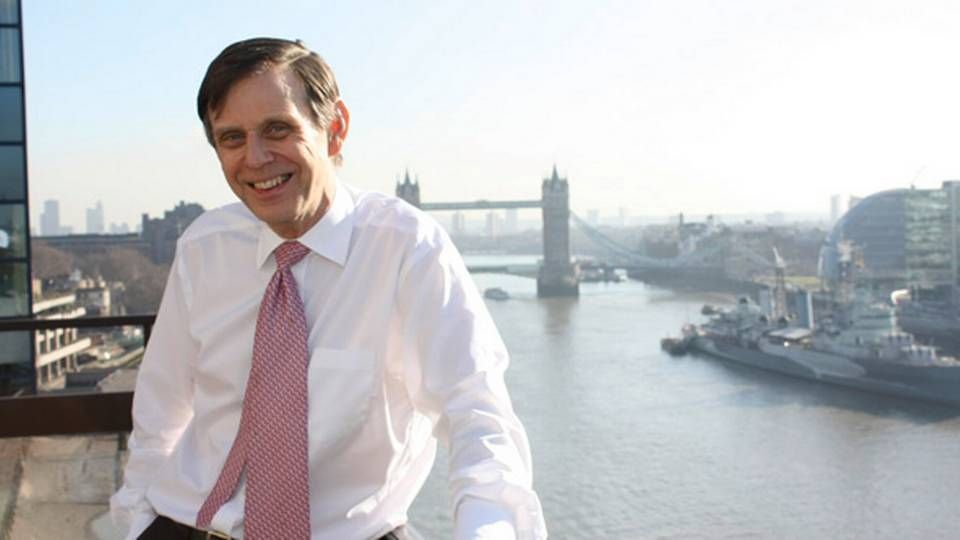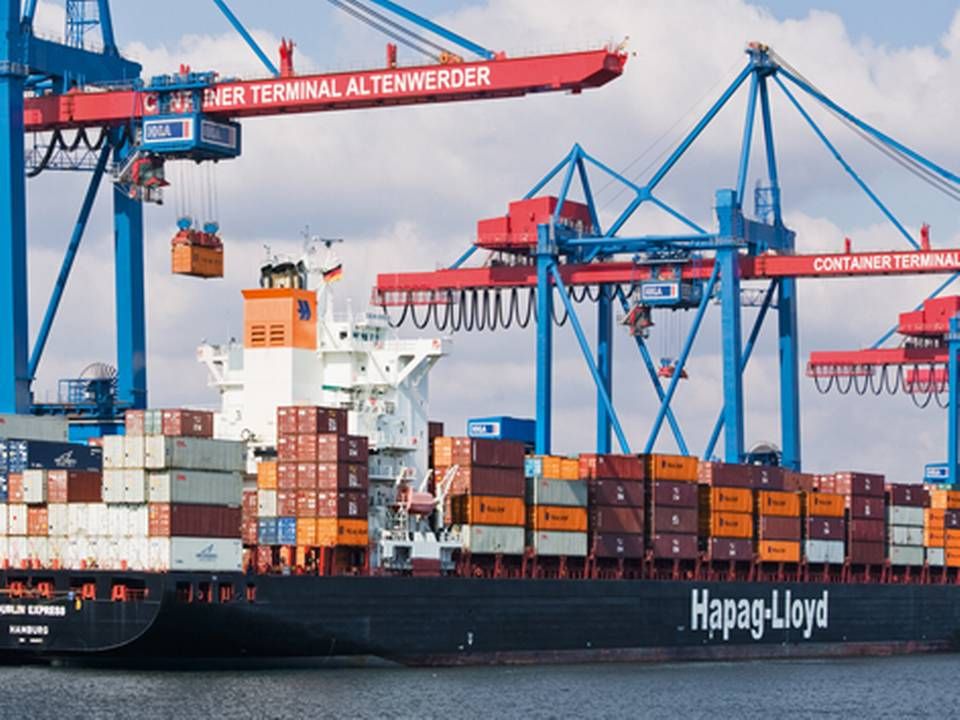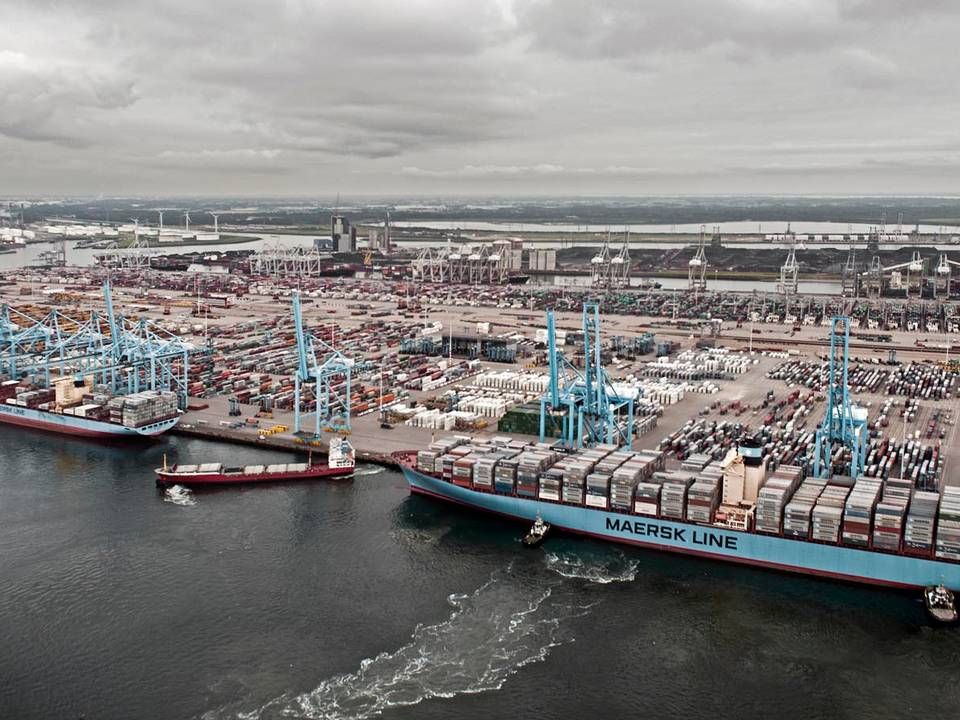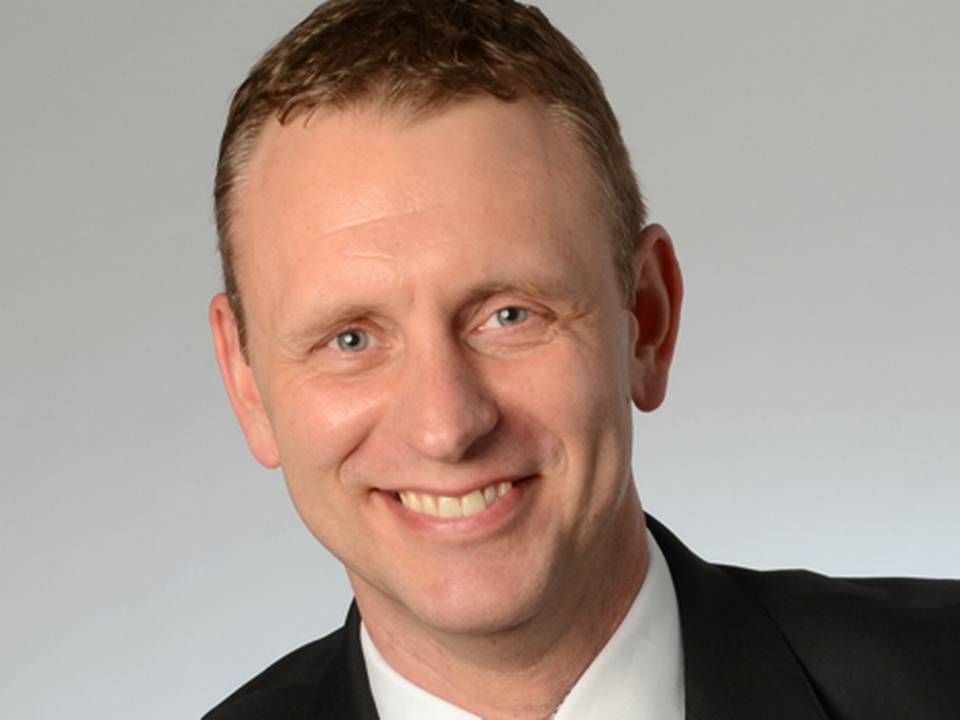Stopford: Shipping is in the midst of a revolution

The shipping industry has experienced nothing less than a veritable revolution in the last 6-7 years. And it's only just begun.
That's how enormous the changes in global shipping have been. What was in 2007 the single biggest expense - the costs related to building a ship - no longer plays a decisive factor in how a shipping company chooses to invest its funds. During this brief span of years, fuel costs have become the crucial parameter deciding where funds for new tonnage are placed.
The words belong to one of the most experienced experts of international shipping, non-executive president of Clarkson Research, Martin Stopford, when he gave a lecture yesterday, Monday, at the Copenhagen Business School (CBS) event Global Maritime Trends, arranged and hosted by CBS Maritime.
"Shipping has gone through a revolution during the last 6-7 years, and the industry is still struggling with how to cope with this," said Martin Stopford.
Uncertainty is the most certain element
The struggle primarily revolves around how to invest in a ship that will probably have to last the next 25 years without quite knowing whether the chosen design is the best one, or whether, as shipowner, one has ensured the best utilization rate of the fuel used.
Martin Stopford: Still risk of another crisis
Should one switch to LNG? Should the ship be prepared for LNG? Is there enough low-sulphur fuel available? And what will it cost by 2020?
Uncertainty is pretty much the only thing shipowners can be certain about, so Martin Stopford's advice was simple: "No matter what we do now, we have to be flexible and keep a holistic perspective on things."
For market changes are coming faster and faster. The development from the first commercial liner ship Agamemnon in 1865 to today's Triple-E took roughly 150 years, but the requirements and challenges of the next two years alone are enormous and will bring significant changes to shipping.
Impossible to predict oil increase
"The biggest challenge is making the best use of the energy," said Stopford, explaining that no one, not even The International Energy Agency (IEA), expected the drastic increase on oil that has taken place since 2006/2007:
Prior to that, everyone was convinced that the oil price would stay below USD 30. Those estimates had to be revised in 2006 and then again in 2007. By 2008, the IEA estimated that the price of oil would remain below USD 100, and in 2010 the agency forged ahead and put the price of a barrel of oil at USD 240 by 2035.
"The shipping industry is also slow at embracing the new. This includes, for instance, the new ECO designs, which the industry still isn't convinced about buying, or whether the price of oil will even remain high," said Martin Stopford.
That the revolution began in the middle of the previous decade is demonstrated by an example involving a journey from Roberts Banks to northern China. In 2005, it made sense to sail faster, as there was a dollar per ton of cargo to be saved by speeding up. Just two years later, in 2007, the math looked the complete opposite: shipowners could save USD 3 per ton of cargo by slowing down.
Martin Stopford's recipe for surviving the challenges of the next three years are summarized by three "E"s - Triple Es - without having anything to do with Maersk Line's new fleet:
- Enhance the existing products, engines, and improve antifoulings
- Evolve new technologies (though, Vale, remember to ask China before building mega bulkers of 400,000 dwt, added Stopford)
- Enfold information technology much more than today. The shipping sector has yet to fully embrace information technology
The event was hosted by CBS Maritime
Drewry: Carriers' bunker surcharges too big
Related articles
Drewry: Carriers' bunker surcharges too big
For subscribers
EU negotiator: LNG draft shouldn't be watered down
For subscribers





















